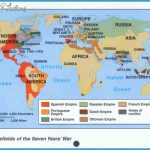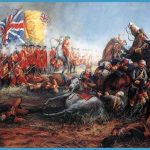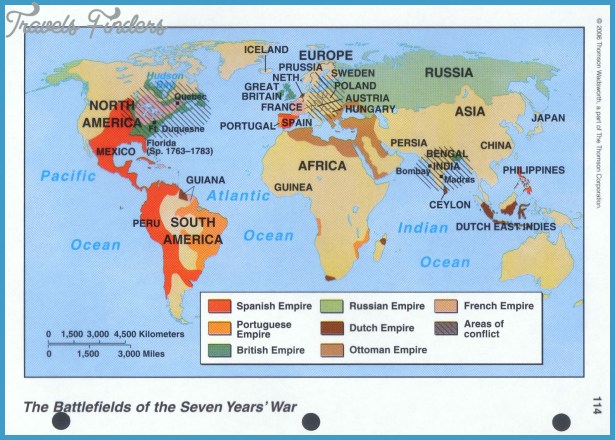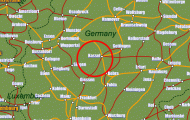THE POST-WAR YEARS OF BRITAIN
With increasing immigration from former colonies and a growing rift between the rich and poor, post-war Britain faced economic and cultural problems that still rankle today. Britain joined the European Economic Community (EEC) in 1971, a move that received a rocky welcome from many Britons. It was against this backdrop that Britain grasped for change, electing “Iron Lady” Margaret Thatcher as Prime Minister. Her policies brought dramatic prosperity to many but sharpened the divide between the haves and have-nots. Aggravated by her resistance to the EEC, the Conservative Party conducted a vote of no confidence that led to Thatcher’s 1990 resignation and the election of John Major. In 1993, the Major government suffered its first embarrassment when the British pound toppled out of the EEC’s monetary regulation system. Major remained unpopular, and by 1995 his ratings were so low that he resigned as Party leader to force a leadership election. He won the election, but the Conservatives lost parliamentary seats and continued to languish in the polls.














